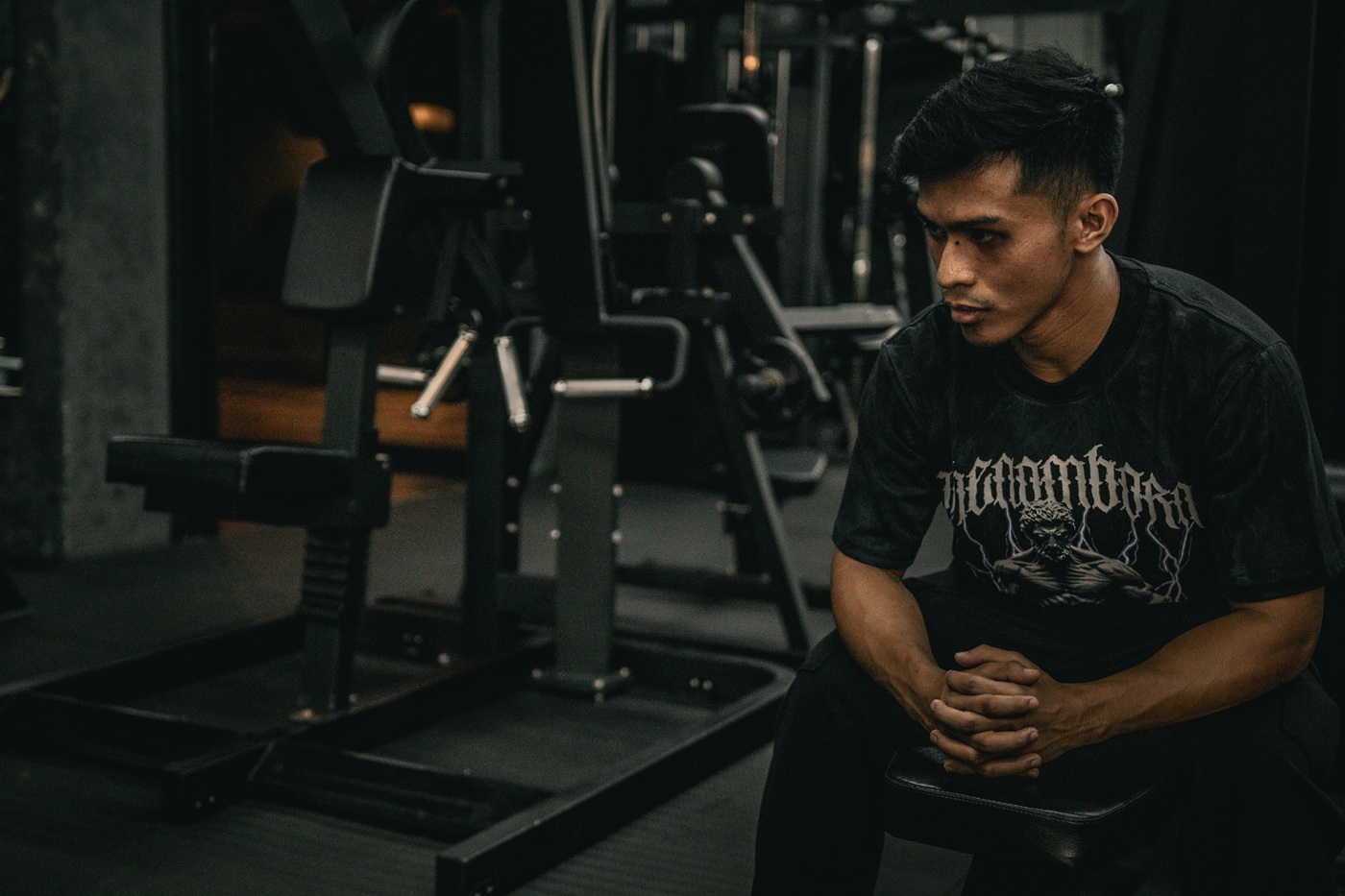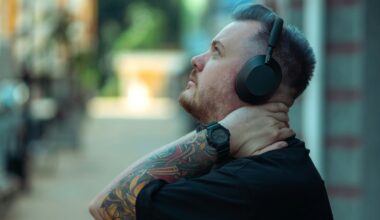We wear the uniform. We run toward danger. We lift others—sometimes literally—out of harm’s way. Fire, trauma, chaos—it’s our job to walk into the storm with a calm, steady presence. Whether you’re a firefighter, EMT, military vet, or a leader in your community, you know what it means to carry the load.
But here’s the part they don’t always see: that weight gets pretty fucking heavy. And like any serious workout, if you never take a break between sets, your form breaks down. Your strength fades. You get hurt.
We don’t question the need for rest between reps at the gym. Why? Because that’s how muscle grows. Strength is built in the space between effort. When you rest.
But in life? We resist the same principle.
We think asking for help is weakness. We think rest is failure. We wear our toughness like body armor—proud, but increasingly suffocating.
I’ve been there. I’ve pushed through the mental and emotional burn, telling myself: Don’t stop. Don’t speak. Don’t let them see the cracks. You need to be strong. You signed up for this.
But real strength? It’s not about going nonstop. It’s about knowing when to breathe. When to pause. When to say, I need a spot.
Because toughness without recovery leads to injury—physical or emotional. We’re trained to rescue others, but no one trains us to rescue ourselves. And pretending you’re fine when you’re not doesn’t make you stronger. It just makes you more likely to fail under the next load.
Why We Don’t Ask
We don’t pause because:
-
Pride – We believe we should be able to carry it all.
-
Fear – Of judgment, of being seen as weak, of losing ground.
-
Guilt – Others are worse off, so we feel we don’t deserve support.
-
Identity – If I’m not the strong one, who am I?
These barriers are real, but they’re not unbreakable.
What Asking for Help Looks Like
It doesn’t have to be dramatic or public. It’s a small, intentional act—just like setting down the barbell between sets so you can lift it again stronger.
It might look like:
-
Texting a buddy: Hey, I’m tapped out. Can we talk?
-
Telling your partner: I’m overwhelmed. I need backup.
-
Reaching out to a peer team, therapist, or chaplain.
-
Taking a day off to breathe, no justification needed.
That’s not quitting. That’s training smart.
Whether you’re the chief or the rookie, leadership isn’t about carrying the most weight—it’s about knowing when to recover, and showing others that they can, too.
When you ask for help, you give others permission to do the same. That’s leadership. That’s resilience. That’s strength that lasts.
You don’t have to burn out to prove you’re tough. You don’t have to carry every burden alone.
You’re not weak for needing rest. You’re human. And you’re not alone. You never were.
Photo by Kobe Kian Clata


